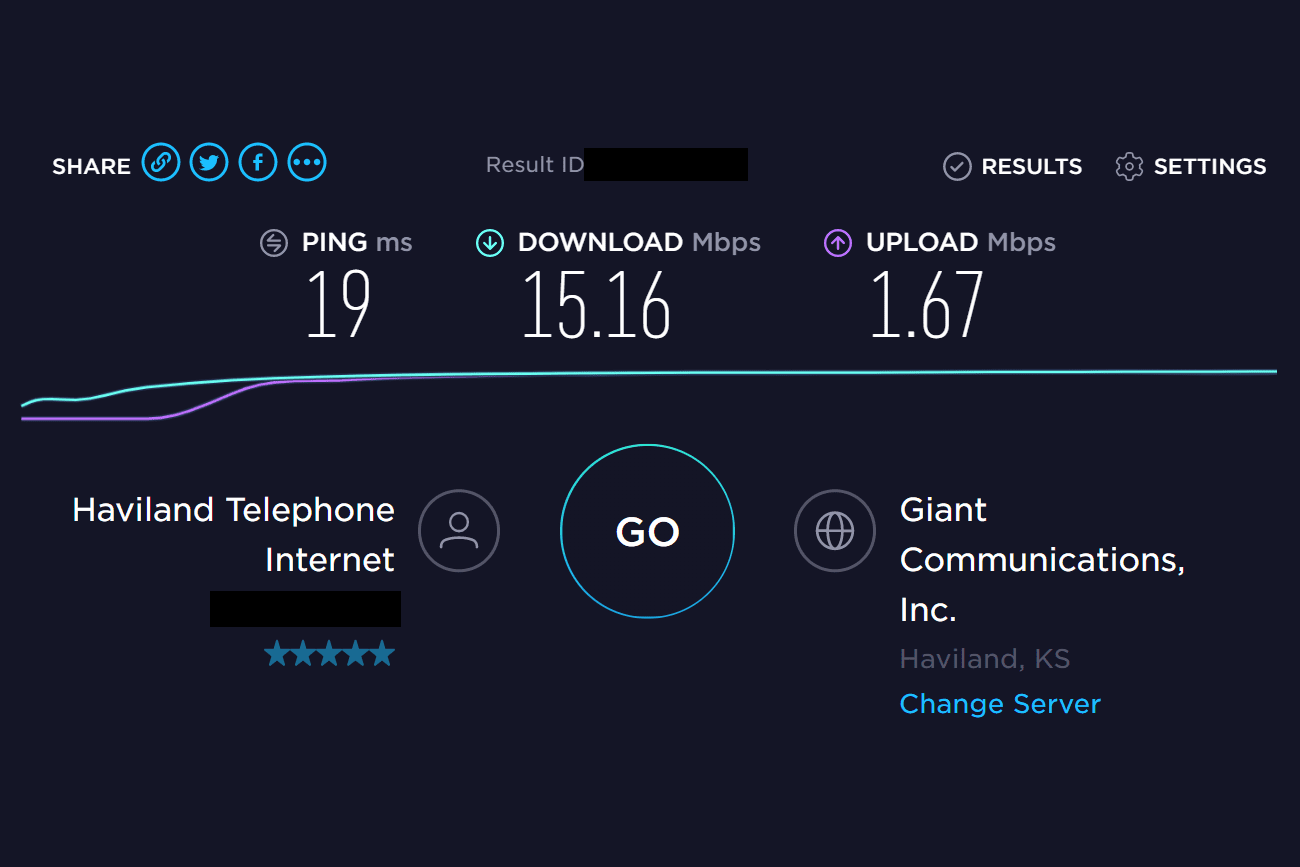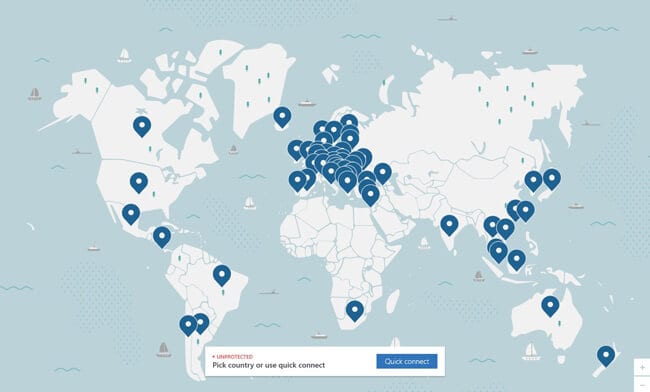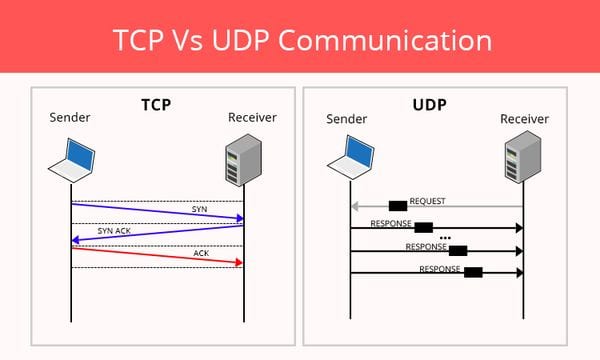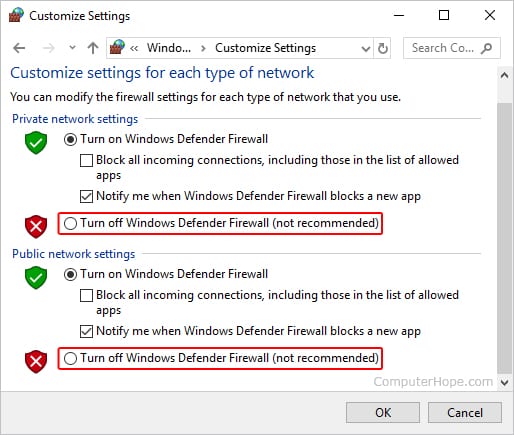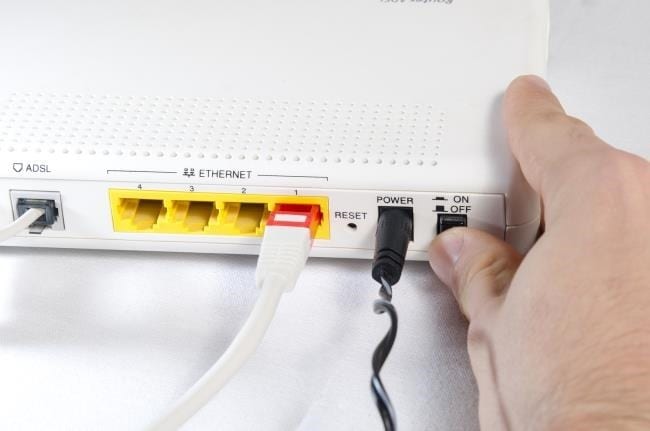Want to increase your VPN Connection speed? Check out the detailed guide on how to increase your VPN connection speed.
VPNs have now become an essential security tool to browse the web. Mostly, VPNs were used to bypass blocked sites, hide IP Address, and encrypting the web traffic. It lets you browse the web via a private internet connection, and it encrypts your personal data.
However, not every VPNs are the same, and each has its pros and cons. Some of the VPNs, especially the free ones, can slow down the download/upload speed. In this article, we have decided to share a few best tips to deal with the slow speeds of VPN.
Does a VPN slow your internet?
VPN’s job is to encrypt your connection to make it more secure. For that, it first encrypts your connection and then sends it through a secured server. Since it adds an extra layer of security inbetween you and the internet, it slows down the internet connection.
How to Increase Your VPN Connection Speed?
However, the good thing is that there are tips you can use to increase VPN connection speeds. In this article, we are going to share a few best methods to increase your VPN speed.
1. Check the actual Internet speed
Before following the recommendations, check if the drop in your internet connectivity is really due to a VPN. For that, disable the VPN and access the internet to see whether your ISP is delivering the promised speed or not. If your internet connection is slow, then there’s no point in blaming the VPN.
2. Switch to a different server
This is one of the first and easiest thing that you can do with the VPN. If the server you are connected to is overcrowded, then connecting to a free one can boost your internet speed. Make sure to choose a server that is as close as possible to your location.
3. Change the protocol
Most of the premium VPN service providers like NordVPN, ExpressVPN, etc. provides users an option to switch to a different internet protocol. Usually, there were two protocols to choose from – UDP and TCP. The TCP protocol is stable but results in slower internet speed. On the other hand, UDP offers faster connections, but it’s unstable.
4. Use a wired connection
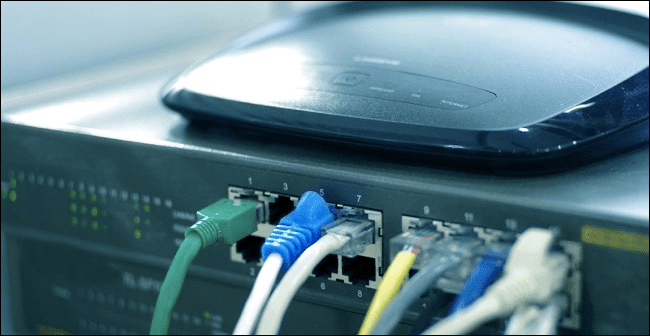
Well, wireless connectivity relies on a shared channel to exchange data between multiple devices. This transmission results in increased latency and slower speed. So, it’s always best to use a wired connection because it supports higher speed. So, if you have an option to use the wired connection, then make sure to use it.
5. Disable Antivirus/Firewall
Antivirus tools and firewalls can slow down the internet speed because it filters the traffic. You can temporarily disable the security tools to see whether the VPN speed has increased or not. However, we don’t recommend disabling security tools because they are important nowadays. It’s recommended to leave security tools enabled, even if they are slowing down the speed because it secures your data.
6. Restart Your Devices
This is the final method to deal with the slow speed of a VPN. In this method, you need to restart your devices. Devices include your Windows PC, Smartphones, Tablets, etc. Also, you need to restart your router. This might look like an old trick, but it still works today and could help improve the VPN speed.
So, these are some of the simple tricks to make your VPN fast again. I hope this article helped you! Share it with your friends also.
